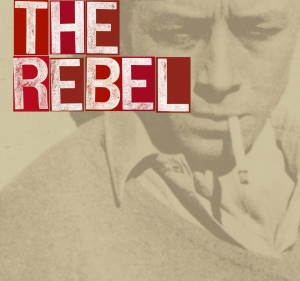Are You Emotionally Intelligent?
Service with a smile, yes—but not if it means sacrificing your own feelings.
Emotional intelligence (EI), loosely defined as the ability to understand, express, and regulate your own emotions, is of vital importance in the workplace as organizations increasingly seek to standardize the emotional displays of employees for their own gain. This “commodification” of feelings can be damaging not only to employees, but to the organizations themselves, according to an article in the Journal  of Management Inquiry (JMI).
of Management Inquiry (JMI).
Dirk Lindebaum of The University of Liverpool, who published “I Rebel—Therefore We Exist: Emotional Standardization in Organizations and the Emotionally Intelligent Individual” on January 29, 2012 in JMI, has this to say about the high-EI individuals who choose to rebel:
Paradoxically, the perceived negative deviance from organizational norms may not be as negative as it might appear on the surface. Throughout, I have emphasized the central role of diversity in the evolution of human life. Therefore, deviance from dysfunctional norms not only can safeguard the well-being of individuals but also renders an invaluable service to organizations and society. One is reminded of Camus’s (1953/2000) argument that characterizes rebellion as a real act of creation.
Click here to read the complete article. To learn more about the Journal of Management Inquiry, please follow this link.
Are you interested in receiving email alerts about newly published articles and issues? Then click here!























































































Thank you for your response. We are interested in looking at current research that addresses this challenge, and in the coming weeks we’ll be highlighting more articles on the individual-organization relationship.
Rebellion for it’s sake is dysfunctional; rebellion against dysfunctional norms is regenerative. The challenge is to distinguish one from the other in today’s highly complex workplaces and to develop safeguards for and against regenerative and dysfunctional rebellions, respectively.